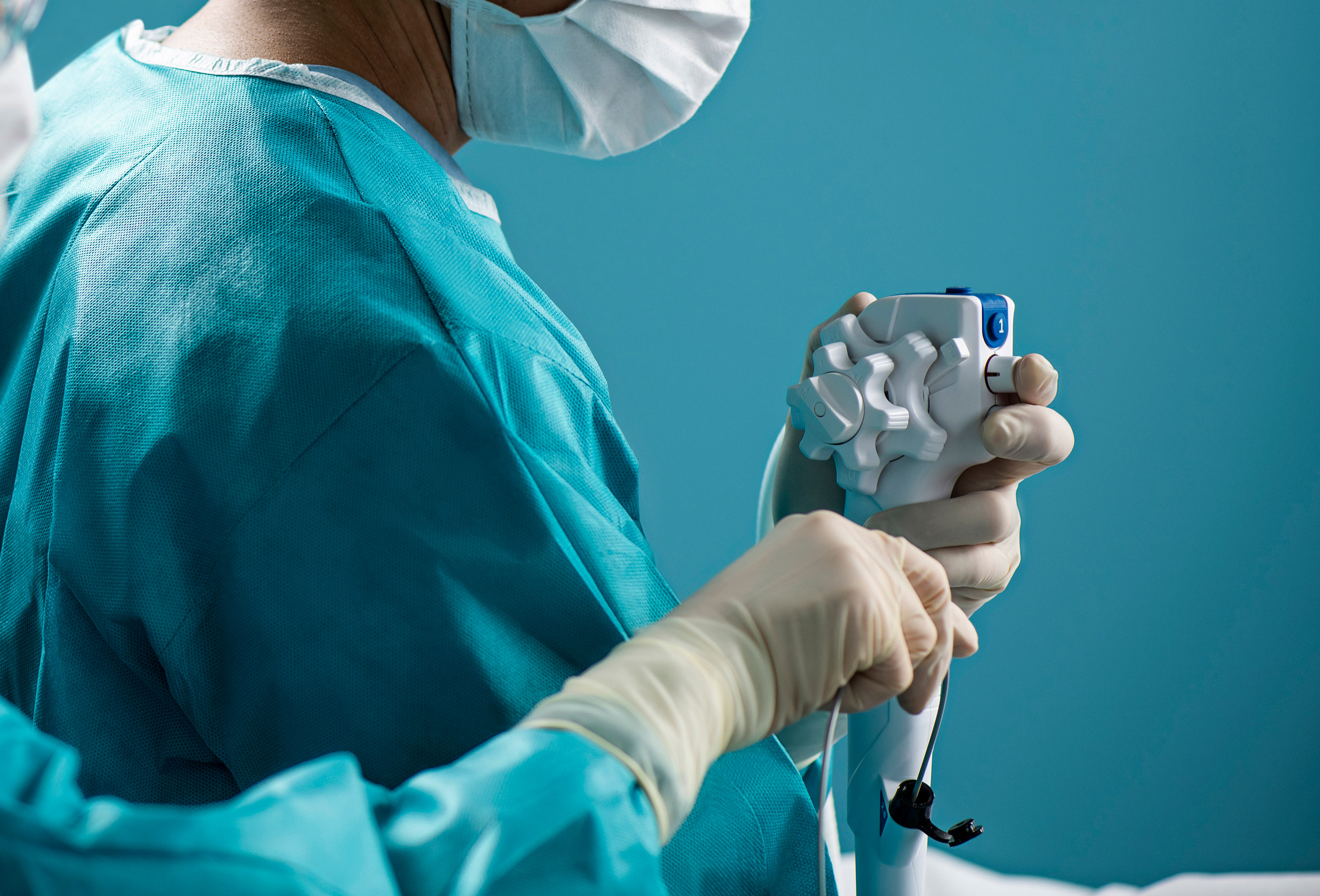
Switching to single-use endoscopes in healthcare facilities may save staff time, reduce job pressures, improve employee morale and cut costs related to staff turnover and temporary hires.
That’s according to recent research presented at AORN Global Surgical Conference & Expo in Nashville, Tennessee. The study, which surveyed nurses, reprocessing technicians, and others involved in endoscope reprocessing across the U.S. from September 2022 to February 2023, highlights the potential benefits of eliminating the reprocessing required for reusable endoscopes.
Each of the 52 respondents believed that utilizing only single-use endoscopes instead of reusable ones could save them time and allow them to focus on more critical tasks. Over two-thirds said they could save more than four hours per week, with 17 percent estimating time savings of greater than 15 hours weekly.
Other key findings shared in the poster included:
With staffing shortages impacting many U.S. healthcare facilities, the ability to boost employee morale and retention could translate to significant cost savings. The survey cited estimates that replacing a single registered nurse can cost up to $64,500, with every 1% change in RN turnover costing or saving the average hospital $380,600 annually.
"If widely adopted, facilities may not only see a reduction in costs from eliminating reprocessing, but also an increase in time savings, employee morale, and elimination of reprocessing-related risks," the researchers stated in the study summary.
The results were presented by researchers with Ambu, a single-use endoscope manufacturer and publisher of Single-Use Endoscopy.


